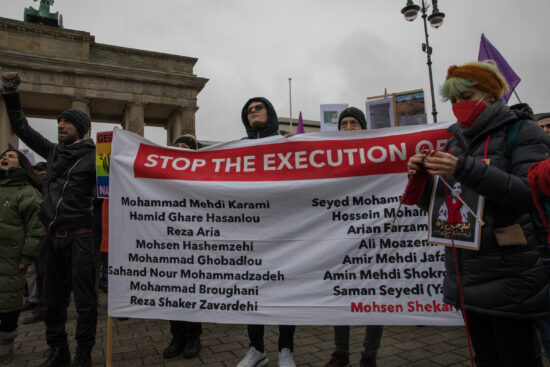The Islamic Republic of Iran has been in a near-constant state of crisis since its creation following the revolution in 1979. In recent months, the regime has faced one of its most significant challenges yet: a wave of popular discontent sparked by the death of a Kurdish-Iranian woman, Mahsa Jina Amini, who was arrested for wearing an improper headscarf. Protests have since been challenging Iran’s mandatory hijab law, an ideological pillar of the Islamic Republic. Despite brutal state violence and arresting around 15,000 people, demonstrations continue, with recent general strikes highlighting the growing anger against the regime.
However, another major threat looms over the regime, with the potential to be the gravest crisis yet. Iran’s Supreme Leader, Ali Khamenei, is aging and reportedly ill. His death, with no clear successor in place, could trigger a succession crisis, which could unravel the regime. This may soon empower one of Iran’s influential security organizations, the Islamic Revolutionary Guard Corps, to take a direct role in governing Iran for the first time. Khamenei’s passing will pose a significant challenge to the Islamic Republic because whoever succeeds him will be from a generation that did not participate in the revolution. It is something that almost nobody discusses openly inside Iran, but the whole country is now bracing itself for the issue of succession.
Khamenei has ruled Iran almost four times longer than his predecessor, and today’s regime is primarily his creation. Succession management will be crucial in determining the future direction of Iran. The United States and Canadian governments have announced that they will impose additional sanctions against Iranian officials accused of committing human rights violations. This means that these officials will face restrictions on their financial activities and may be prohibited from traveling to the US and Canada. These sanctions are meant to hold these officials accountable for their actions and to send a message that human rights abuses will not be tolerated.
A few days ago, the Iranian government announced that it had executed a 23-year-old prisoner who was arrested during the recent protests in the country. This announcement comes as businesses, shops, and bazaars in more than 50 cities across Iran participate in a general strike in support of the ongoing protests calling for an end to the current authoritarian rule.
PICTURE: MICHAEL KUENNE / PRESSCOV





